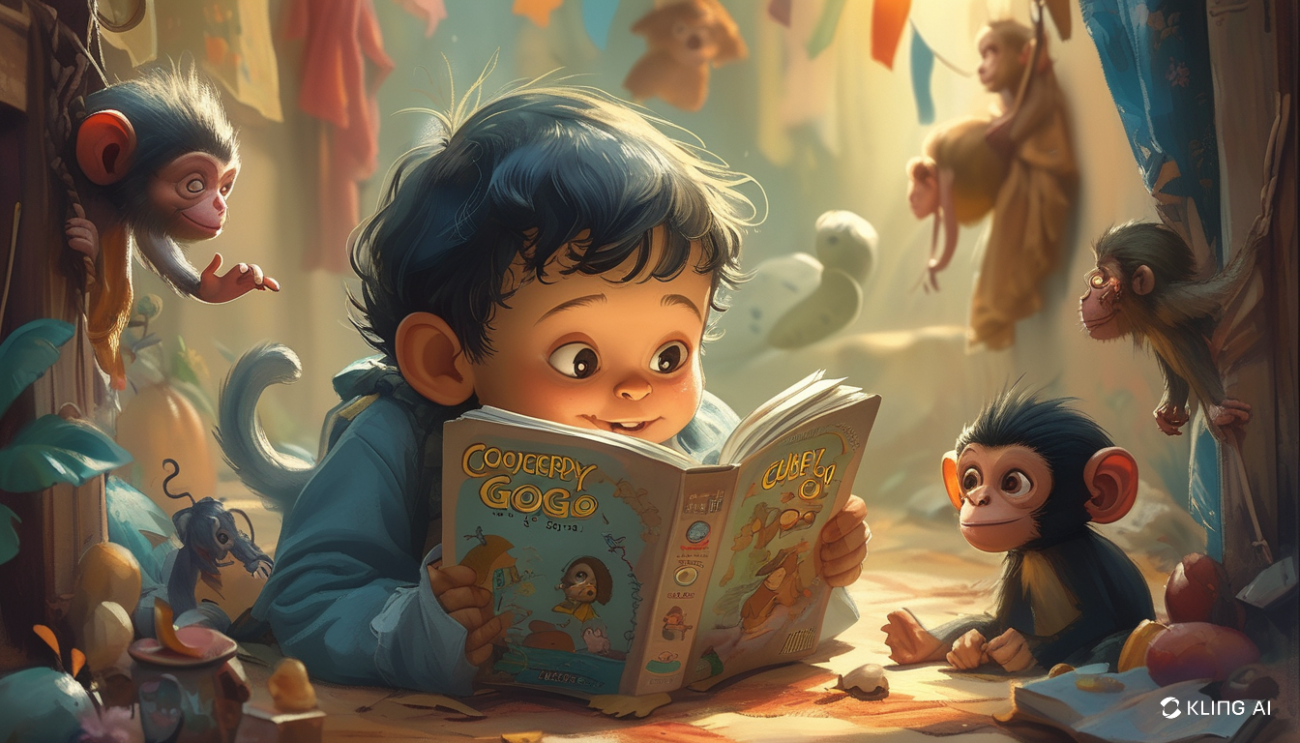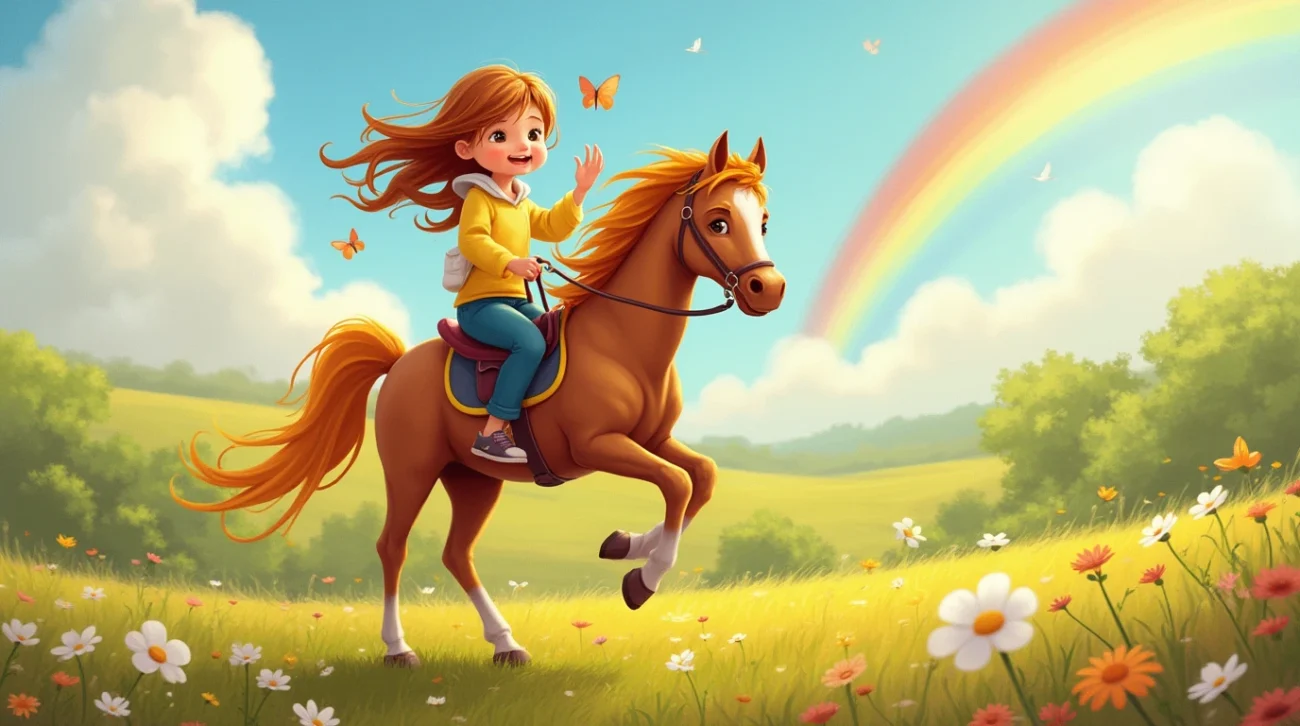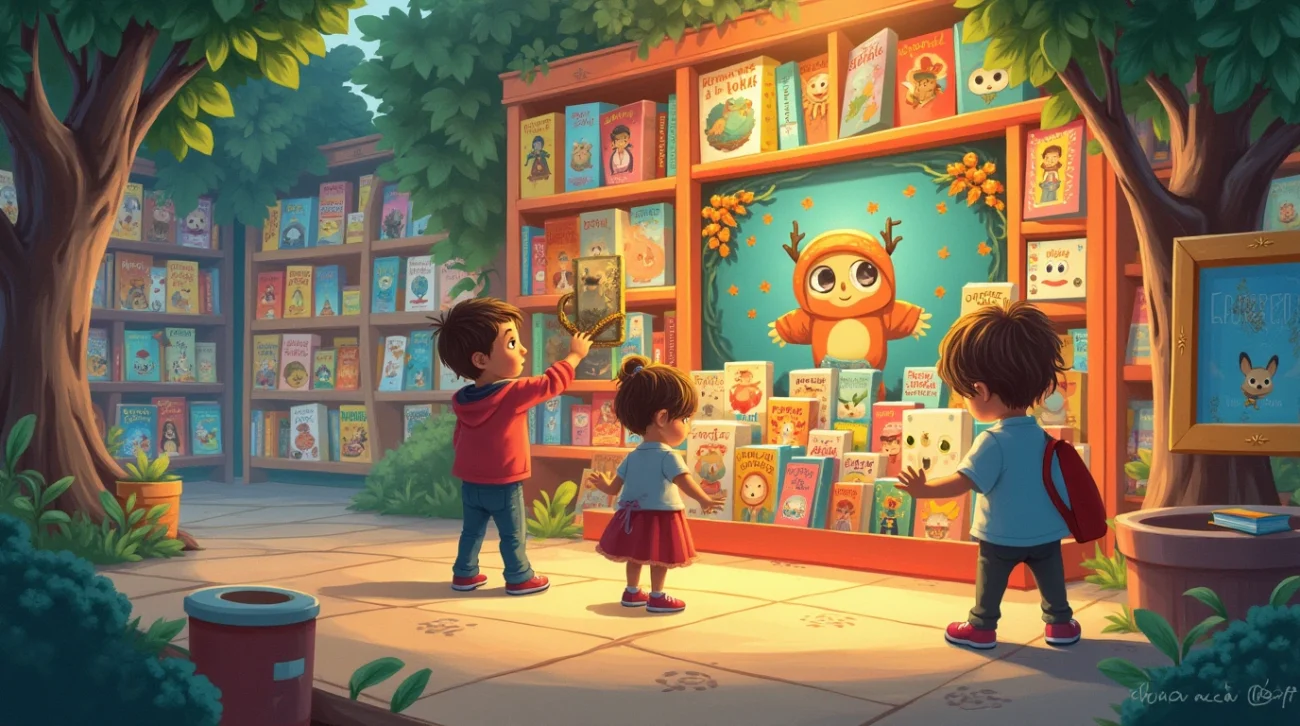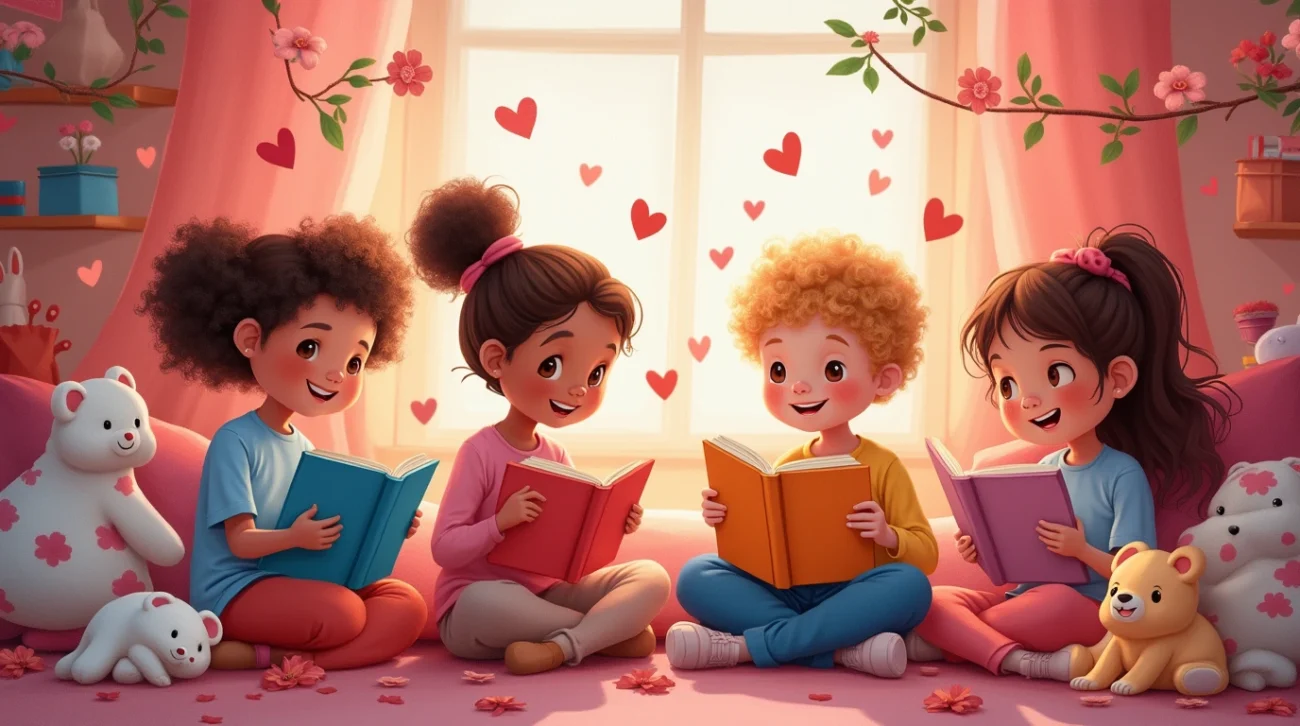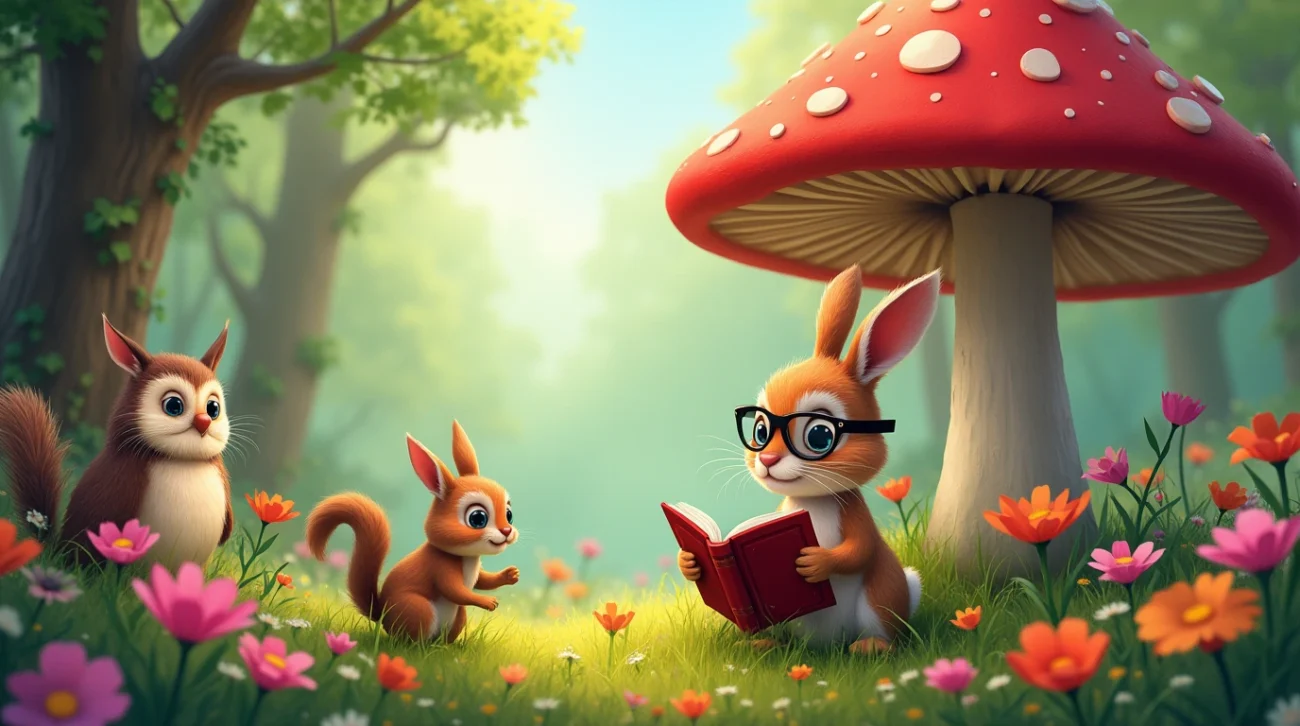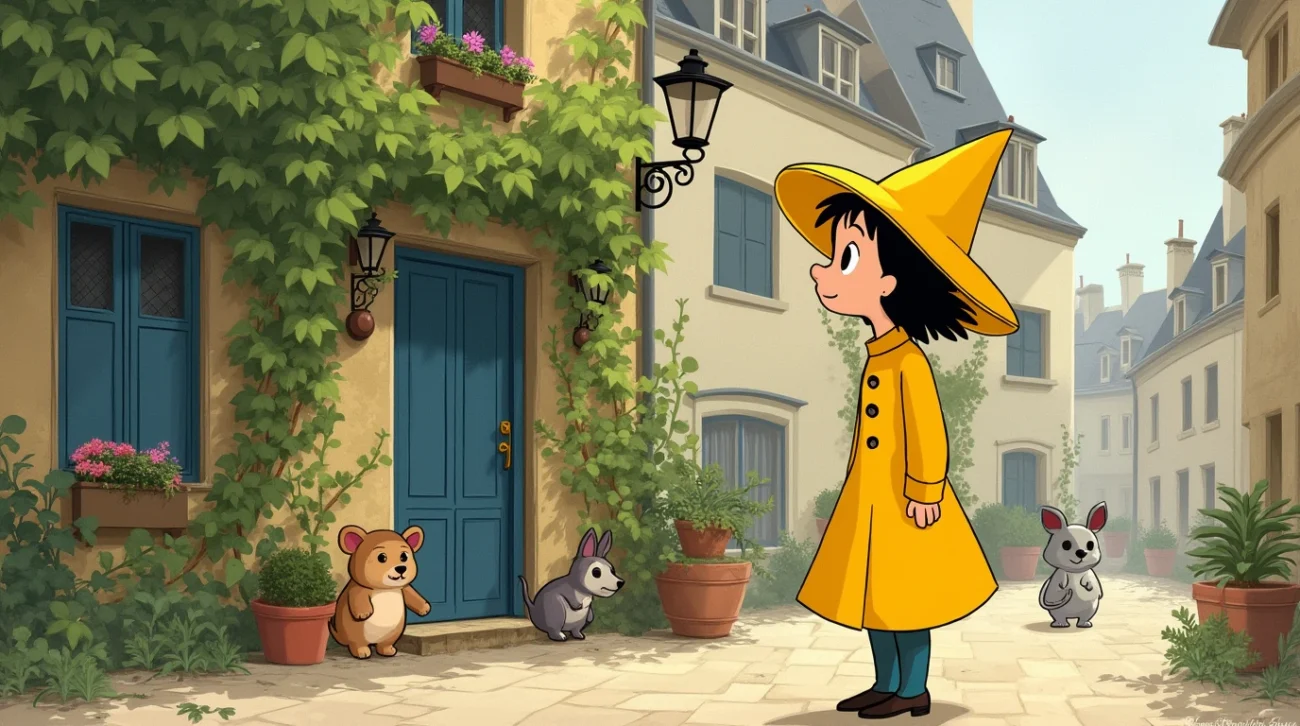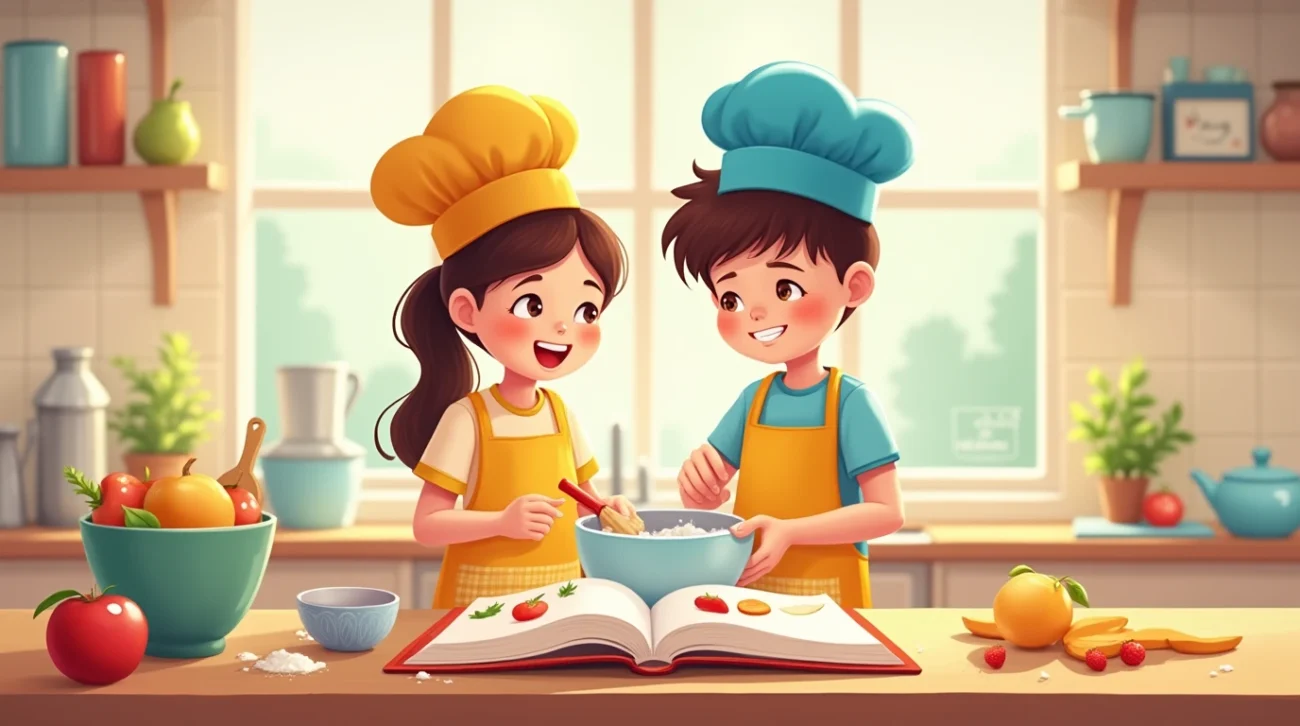Introduction to Children’s Black History Books
Hey there! Are you ready to embark on a journey that’s as enlightening for you as it is for the little ones in your life? Let’s dive into the world of childrens Black history books. These books are more than just stories—they’re gateways to understanding, empathy, and celebration of a rich and diverse heritage.
Black history is a tapestry of remarkable stories, filled with pioneers, innovators, and everyday heroes who have shaped the world. By introducing these narratives to children, we’re not just teaching history; we’re opening their minds to a broader world and inspiring them to dream, question, and create.
Why Black History Books?
So, why focus on Black history books for children? Well, these books provide young readers with perspectives that they might not encounter elsewhere. They serve as a powerful tool to build an inclusive mindset from an early age. Through engaging tales and beautiful illustrations, children learn about the triumphs and struggles of Black individuals and communities, fostering understanding and respect.
“Representation matters. It’s crucial for children to see themselves and others in the stories they read.” — Renowned Child Educator
What to Expect
Children’s Black history books come in all shapes and sizes, suited for various interests and age levels. You’ll find:
- Biographies – These books take young readers into the lives of influential Black figures, from historical icons like Harriet Tubman and Martin Luther King Jr. to modern leaders like Barack Obama and Mae Jemison.
- Fictional Stories – Imaginative tales that incorporate Black culture and history, offering a lens into different experiences and settings.
- Historical Overviews – Books that provide a broader picture of Black history, highlighting significant movements and events.
These stories are often enriched with vibrant illustrations, making them even more engaging and accessible for children, helping them connect with the content on a deeper level.
Benefits of Reading Black History Books
Reading Black history books goes beyond just gaining knowledge. It builds crucial skills and fosters positive values:
- Empathy and Understanding – Children learn to appreciate different experiences and viewpoints.
- Critical Thinking – Engaging with these narratives encourages questioning and deeper thinking about societal dynamics and justice.
- Self-Identity – For Black children, seeing their culture and history represented can be empowering and affirming.
Moreover, these books can spark meaningful conversations between children and adults, creating an opportunity to discuss important topics in an age-appropriate way.
In the end, introducing children to Black history through books is a joyful and rewarding experience. It equips them with the knowledge and empathy to thrive in a diverse world. Ready to explore more? Let’s turn the page together!
Importance of Teaching Black History to Children
Ever wondered why teaching Black history to children holds such significance? Well, think of it as giving them a colorful mosaic of stories that highlight courage, innovation, and the rich tapestry of human experiences. Let’s dive into why this is so vital for our young learners.
Building a Well-Rounded Understanding of History
When children learn about Black history, they’re also learning about the diverse stories that make up the broader narrative of our world. It’s like providing them with a complete puzzle, rather than just a few pieces. This comprehensive view allows children to understand the intricate layers of history, including the triumphs and struggles of Black individuals and communities.
- It offers a more inclusive perspective.
- It highlights the contributions of Black individuals across various fields.
- It sheds light on pivotal moments in history that shaped today’s world.
Fostering Empathy and Cultural Awareness
Teaching Black history to children isn’t just about dates and facts; it’s about nurturing empathy and cultural awareness. When children learn about the experiences and challenges faced by Black individuals, they develop a deeper understanding and respect for diversity, which is crucial in our global society.
Challenging Stereotypes and Misconceptions
Unfortunately, stereotypes and misconceptions still persist in many aspects of society. By educating children about Black history, we equip them with the knowledge to question and challenge these stereotypes. This empowers them not only to think critically but also to stand against injustice and inequality.
Encouraging Inspiration and Aspiration
Imagine the spark in a child’s eyes when they learn about Black inventors, artists, scientists, and leaders who changed the world. These stories of resilience and success can inspire children to dream big and pursue their passions, instilling a sense of pride and possibility.
Promoting Unity and Inclusivity
Teaching Black history is an essential step towards promoting unity and inclusivity. By acknowledging and celebrating the heritage and contributions of Black communities, we help children appreciate the beauty in diversity and foster a sense of belonging, regardless of their background.
Incorporating Black history into children’s education is like planting seeds of understanding and growth. As these seeds grow, they cultivate a new generation that values diversity, equality, and the richness of all cultures. So, whether you’re a parent, educator, or mentor, remember that sharing these stories is a powerful tool for shaping a more compassionate and informed future.
Characteristics of Effective Children’s Black History Books
- Accuracy and Authenticity: Ensure the information presented is factual and authentic.
- Inclusivity and Diversity: Look for books that represent the diversity within the Black community.
- Engaging Narrative: Choose books that use storytelling techniques to make history relatable and captivating.
- Age-Appropriate Content: Select books that are suitable for the child’s age and reading level.
- Positive Representation: Highlight the achievements and contributions of Black individuals throughout history.
Popular Children’s Black History Books and Authors
Now, let’s dive into the exciting world of children’s Black history books and the talented authors who bring these stories to life. These books play a crucial role in educating children about the rich heritage and contributions of Black individuals throughout history.
1. “Little Leaders: Bold Women in Black History” by Vashti Harrison
Vashti Harrison’s beautifully illustrated book introduces young readers to 40 trailblazing Black women who made significant impacts in various fields. From civil rights activists like Rosa Parks to renowned artists like Maya Angelou, this book celebrates the achievements of Black women throughout history.
2. “Henry’s Freedom Box: A True Story from the Underground Railroad” by Ellen Levine
This powerful picture book tells the true story of Henry “Box” Brown, a slave who mailed himself to freedom in a wooden crate. Through captivating illustrations and poignant storytelling, children learn about the bravery and resilience of individuals who fought for freedom during the era of slavery.
3. “The Undefeated” by Kwame Alexander
Kwame Alexander’s poetic tribute to Black Americans who have persevered and achieved greatness despite facing adversity is a must-read for children of all ages. This award-winning book beautifully captures the spirit of resilience and hope that has defined the Black experience in America.
4. “Hidden Figures: The True Story of Four Black Women and the Space Race” by Margot Lee Shetterly
Inspired by the true story of the African American women mathematicians who played a crucial role in NASA’s space program, this book sheds light on the unsung heroes of the space race. It’s a compelling read that highlights the importance of diversity and inclusion in STEM fields.
5. “Voice of Freedom: Fannie Lou Hamer, Spirit of the Civil Rights Movement” by Carole Boston Weatherford
This captivating biography of Fannie Lou Hamer, a fearless civil rights activist, introduces children to the struggles and triumphs of the Civil Rights Movement. Through powerful prose and striking illustrations, readers learn about Hamer’s remarkable journey towards justice and equality.
These are just a few examples of the many inspiring children’s Black history books available today. By sharing these stories with young readers, we can instill a sense of pride, empathy, and understanding of the diverse experiences and contributions of Black individuals throughout history. So, grab a book, settle in with your little ones, and let the journey through Black history begin!
Age-Appropriate Recommendations for Different Reading Levels
Hey there, bookworms! Are you ready to dive into the wonderful world of children’s Black History books? Great! Let’s talk about finding the perfect book for your reading level.
Beginner Readers (Ages 3-5)
If you’re just starting to explore the world of Black History, picture books are a fantastic place to begin. Look for colorful illustrations and simple stories that introduce important figures like Rosa Parks or Martin Luther King Jr. Some great picks for this age group include “Little Leaders: Bold Women in Black History” by Vashti Harrison and “The Story of Ruby Bridges” by Robert Coles.
Early Readers (Ages 6-8)
For young readers who are ready to tackle more text, consider chapter books or easy readers that delve deeper into Black History. Look for engaging stories that highlight the accomplishments of influential Black figures or explore significant events in history. “Who Was Harriet Tubman?” by Yona Zeldis McDonough and “I Am Rosa Parks” by Brad Meltzer are excellent choices for this age group.
Intermediate Readers (Ages 9-12)
As you grow older, you can start exploring more complex themes and narratives in Black History books. Consider middle-grade novels that offer a deeper look at the struggles and triumphs of Black individuals throughout history. Titles like “Brown Girl Dreaming” by Jacqueline Woodson and “The Watsons Go to Birmingham – 1963” by Christopher Paul Curtis are perfect for this age group.
Advanced Readers (Ages 13+)
For older readers, young adult books provide a more mature exploration of Black History and its impact on society. Look for novels that tackle difficult topics with sensitivity and honesty, offering a nuanced perspective on the experiences of Black individuals. Some must-reads for teens include “The Hate U Give” by Angie Thomas and “Stamped: Racism, Antiracism, and You” by Jason Reynolds and Ibram X. Kendi.
Remember, no matter your age or reading level, there’s a Black History book out there waiting for you to discover. So grab a book, find a cozy spot, and get ready to embark on a journey of learning and understanding. Happy reading!
How to Incorporate Black History Books into Everyday Learning
So, you’ve got your hands on some fantastic children’s Black History books – great choice! Now, let’s talk about how you can make the most out of them by incorporating them into your child’s everyday learning experience. Here are some tips to help you do just that:
1. Create a Diverse Home Library
One of the best ways to introduce Black History books into your child’s everyday learning is by creating a diverse home library. Make sure to have a variety of books that showcase different cultures, experiences, and perspectives. This will not only expand your child’s knowledge but also foster a love for learning about different histories.
2. Read Together and Discuss
Reading together with your child is a wonderful bonding experience. Choose a Black History book to read together and encourage your child to ask questions, share their thoughts, and reflect on what they’ve learned. This can spark meaningful conversations and deepen their understanding of the subject.
3. Incorporate Black History into Daily Conversations
Take advantage of everyday moments to talk about Black History with your child. Whether it’s discussing a historical figure, an event, or a cultural tradition, find ways to weave in these conversations naturally. This will help your child see the relevance of Black History in their daily lives.
4. Explore Black History Beyond Books
Black History is rich and multifaceted, so why limit your exploration to just books? Take your child to museums, cultural events, and historical sites that celebrate Black History. These experiences can enhance their understanding and make the learning process more engaging and interactive.
5. Engage with Black History through Art and Media
Art and media can be powerful tools for learning about Black History. Watch documentaries, films, and TV shows that center around Black History themes. Visit art exhibitions or attend performances that showcase Black artists and storytellers. These creative mediums can offer a unique perspective and deepen your child’s appreciation for Black History.
6. Encourage Critical Thinking and Empathy
As you explore Black History with your child, encourage them to think critically and empathize with the experiences of others. Help them understand the impact of historical events on individuals and communities, and teach them to value diversity and inclusivity. Building empathy and critical thinking skills is essential for fostering a more inclusive and understanding society.
By incorporating Black History books into your child’s everyday learning in these ways, you can help them develop a deeper appreciation for diverse cultures, histories, and perspectives. Remember, learning about Black History is not just a one-time activity – it’s an ongoing journey of discovery and understanding that can enrich your child’s life in profound ways. Happy reading and exploring!
Resources for Finding Quality Black History Books for Children
Are you looking to expand your child’s knowledge of Black history through engaging and educational books? Look no further! Here are some resources to help you find quality Black history books for children:
1. Local Libraries
Your local library is a treasure trove of resources when it comes to finding children’s books on Black history. Librarians can recommend age-appropriate titles and even help you locate specific books that may be of interest to your child.
2. Bookstores
Bookstores, both online and brick-and-mortar, carry a wide selection of children’s Black history books. You can browse through different titles, read reviews, and even ask for recommendations from store staff. Some bookstores also have dedicated sections for Black history books.
3. Online Retailers
Online retailers like Amazon, Barnes & Noble, and Book Depository offer a vast collection of children’s Black history books. You can easily filter your search by age group, genre, or author to find the perfect book for your child. Plus, you can read reviews from other parents to help you make an informed decision.
4. Educational Websites
There are many educational websites that curate lists of recommended Black history books for children. Websites like Reading Rockets, We Need Diverse Books, and Teaching for Change offer valuable resources to help you discover new and diverse titles for your child.
5. Social Media and Parenting Blogs
Follow parenting bloggers, educators, and book reviewers on social media platforms like Instagram, Twitter, and Facebook. Many of them share book recommendations and reviews, including children’s Black history books. You can also join online parenting communities or book clubs to exchange recommendations with other parents.
6. Black-Owned Bookstores
Supporting Black-owned bookstores is a great way to find unique and culturally relevant children’s Black history books. Many Black-owned bookstores specialize in diverse literature and have a curated selection of books that celebrate Black history and culture.
7. Book Awards and Lists
Keep an eye out for book awards and curated lists that feature children’s Black history books. Awards like the Coretta Scott King Book Awards and lists like the African American Children’s Book Project provide excellent recommendations for high-quality Black history books for children.
By using these resources, you can easily find age-appropriate and engaging children’s Black history books to introduce your child to the rich and diverse history of Black Americans. Happy reading!



